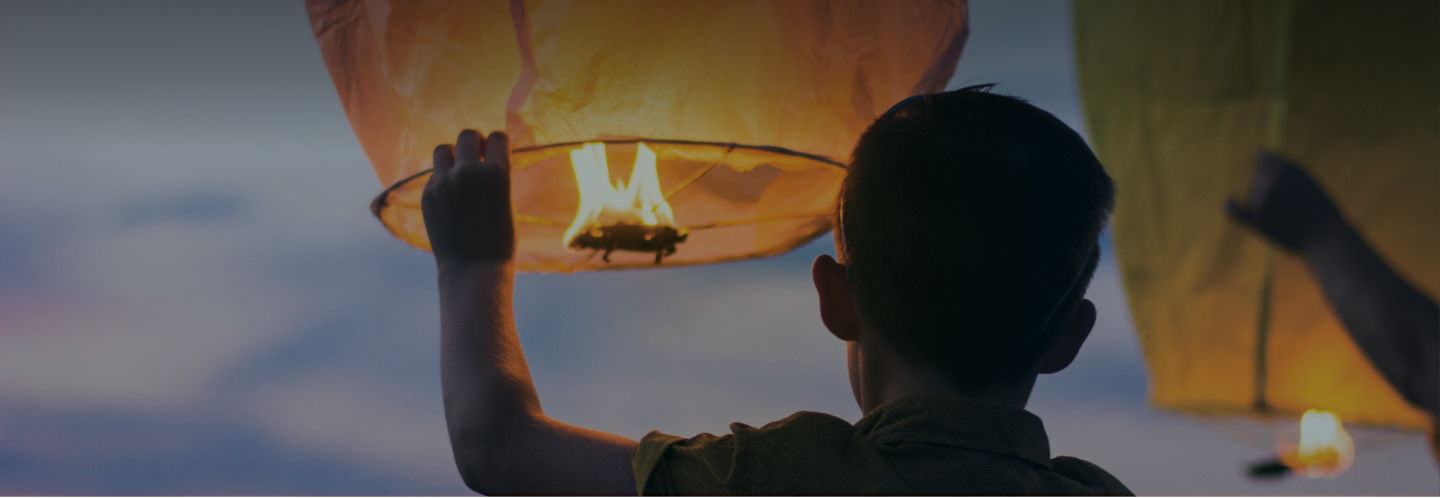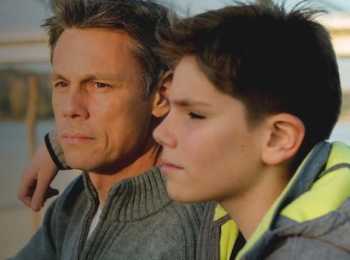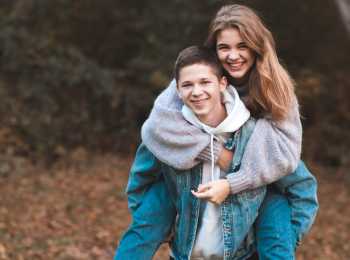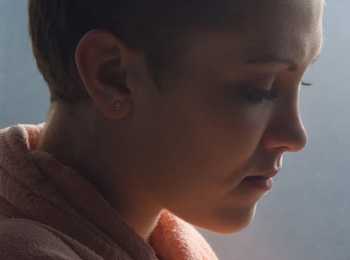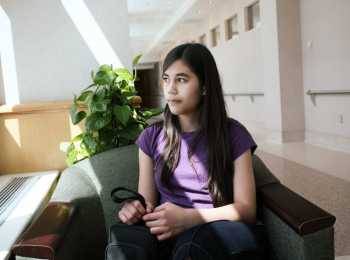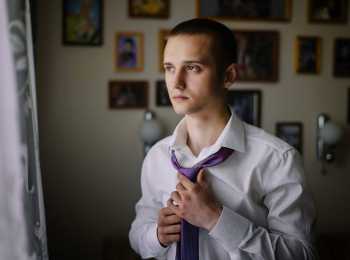Now that your active treatment is finished, you are considered to be in the ‘survivorship’ stage. Shifting from ‘patient’ to ‘survivor’ can bring up lots of different emotions.
You may feel relieved that treatment is over, excited about the future, grateful and determined to get the most out of life.
But you also might feel low, tired, anxious, concerned about changes in your appearance or worried about the future.
Although happy to be alive, some cancer survivors may feel guilty that they survived while other people with cancer didn’t. This ‘survivor guilt’ can be especially hard for young people, particularly if you formed strong friendships or connections with people in hospital or through support groups who have died.
If you are experiencing any of these feelings, it can be really helpful to talk to your YCS nurse, social worker or a counsellor.
Coping with loss
Learning to cope with losses is part of the process of getting back to ‘normal’. The best thing you can do is acknowledge the things you have lost, and allow yourself to grieve for them.
Some losses, like hair or a body part, are the most visible to you and others – and can be tough to deal with.
But you can also feel grief for the loss of ‘invisible’ but important things like:
-
Time spent away from your regular life, and chances you missed.
-
Experiences, like missing your year 12 formal, or playing in the rugby final.
-
Relationships and friendships.
-
Self-esteem, if you look different or just feel less sure of yourself after everything that has happened.
-
Independence – loss of mobility, being unable to do certain things on your own, having to rely on family for help, or just not being able to do things like travel or play sport. It could also be the loss of a job or financial independence.
-
Dreams you had for the future.
-
Your role in the family, or your circle of friends, or your romantic relationship may have changed. It can take time to figure out a new identity; and while you’re working on it you might feel lost and purposeless.
-
While we often think of routines being boring, they’re comfortable because they give our lives structure.
There will never be a complete substitute for the things you have lost. But eventually you can take comfort in other things.
For example, you may have missed out on starting Uni with all your mates and that’s something you’ll never get back. But if you start Uni later on, you can maybe feel happy that you managed to achieve that goal, despite the challenges, and you got there in the end.
It can help to join a support group or online community where you can find out how other young people with cancer have coped with different losses. You can join Canteen’s online community for young people affected by cancer. Or talk to a member of your YCS team or a counsellor about what you’re feeling and to get some advice. Canteen also provides a free and confidential counselling service.
Feelings about leaving the hospital/treatment team
It’s the moment you’ve been waiting for – so why does it feel so scary?
It’s normal to feel anxious. It comes when we experience something new or foreign. You may have spent so long in hospital that you’ve become used to the security of it. You’ve been surrounded by other people with cancer, and you’ve had nurses and medical staff to care for you 24/7.
You will be okay. Before you leave the hospital, talk to your YCS team about things you can do to ensure you have all the ongoing support you need, like:
-
Have the phone number of your doctor, Cancer Care Coordinator and/or the hospital somewhere that everyone in the house can see it.
-
Discuss a plan of action with everyone in the house so they know what to do if you get sick.
-
Arrange for a nurse or social worker from the hospital to come and check on you for the first couple of weeks.
-
Book your next follow up appointment with your doctor.
-
Know that you can call your doctor or nurse at any time if you’re worried about anything at all.
Settling in at home
Sometimes people may expect that once they return back home, everything will go back to how it once was, even though on the inside and outside, they know that things are no longer the same.
This won’t be easy for anyone involved. There are new routines to get used to, and living with other people again means dealing with all their moods and issues. You might have to rely on them still to help you do basic things like get dressed or go to the toilet.
Even when you’re surrounded by others, you might feel isolated. Sometimes you will just want to be alone.
Try to be patient and honest with the people you share your space with, and talk to them about your feelings and needs. They are also dealing with a lot of change and after a while things will settle down as you all get used to the new situation. Communicate your needs to them – you can’t expect them to know what you want if you don’t tell them.
Coping after treatment ends
Making the shift from active treatment to survivorship can be both exciting and confusing for many people.
Many survivors report feeling relief and joy when treatment ends. But many young people also experience emotions like anger, anxiety, fear, guilt and loss. You might feel low, even though everything is meant to be fine now. Don’t worry – it’s quite natural considering everything you’ve just been through.
What’s next?
Figuring out what to do after cancer treatment ends is one of the hardest things for a cancer survivor to do.
It’s common to just want to take some time out – do something for yourself and rethink life.
With survivorship comes the beginning of a whole new stage, sometimes filled with big, soul-searching questions like:
-
What difference has cancer made to my life?
-
What does it mean to have survived cancer?
-
Does surviving cancer simply mean physically recovering?
Some people feel like they have fought a massive battle for so long that they now need some time to just rest. Others expect to jump back in to their ‘normal’ life, and when it’s not like they expected they feel confusion and self-doubt.
Read more about Finding your new normal.
Some things you may want to try
-
Take time to experiment with new routines and finding out what works for your family or you and your partner or friends.
-
Explore new opportunities for personal and professional development.
-
Acknowledge the emotions that come with survivorship through things like anniversaries of diagnosis, or the deaths of other cancer patients.
-
Focus on the positive changes that have enriched your lifestyle.
-
Join a cancer support group or program to share your experiences and help other young people living with cancer.
-
Acknowledge the amount of change, loss and grief you’ve experienced because of cancer.
-
Focus on living a healthy lifestyle by caring for and being aware of your body.





